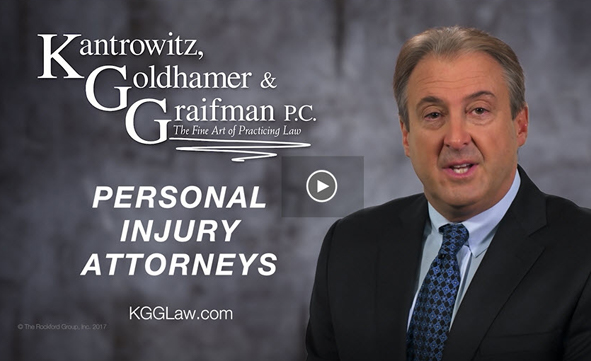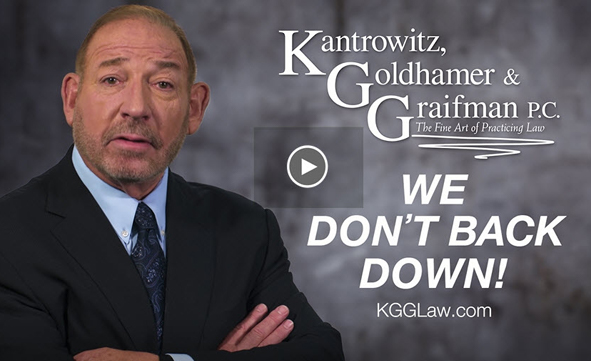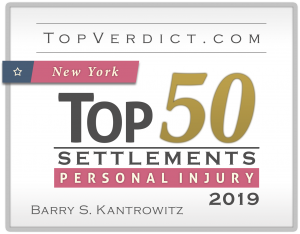With the coming of a new year, the National Transportation Safety Board (NTSB) is publicizing its regular issued group of Most Wanted List of Transportation Safety Improvements. It is referred to as the MWL.
The NTSB is responsible for the safety of vehicles, trains, airplanes, and boats and other watercraft throughout the nation. It advocates for safety improvements annually. The MWL is intended to provide the upgrades that can make the nation’s transportation routes safer to navigate and save lives.
Transportation Safety Improvements Needed
- Increase implementation of collision-avoidance technologies. The leading item on the top 10 is to step up the use of existing technologies, such as collision warning and autonomous emergency braking systems. Further use can reduce fatalities and cut down on accidents.
- Ensure safe shipment of hazardous materials by airplane and rail. One of the trends in transportation is that air and rail lines are increasingly being used to carry hazardous materials. The NTSB recommends more attention to shipping these materials safely, to lessen the number of accidents. Accidents can cause the release of hazmat, which can threaten the health of those in the area. Increased training for first responders to hazmat release is part of this #2 goal.
- Prevent loss of control in flight in general aviation. The leading cause of fatalities in aircraft accidents is loss of control. The NTSB recommends enhanced pilot training and increased awareness of safety and the technologies used in flight.
- Improve rail transit safety oversight. Rail safety equipment and features need to be examined on a consistent basis. Improvements need to be developed and implemented.
- End alcohol and other drug impairment. Operator impairment due to alcohol is a leading cause of transportation fatalities and accidents. So, increasingly, is impairment due to drugs. More widespread legalization of marijuana and the rise in synthetic and prescription drug use has made all transportation routes increasingly dangerous. Operator impairment due to alcohol or drug use is preventable and should be a focus in ending accidents.
- Reduce fatigue-related accidents. Operators need sufficient sleep in order to respond optimally and exercise sensible judgement. Repair and safety personnel need sufficient sleep to perform their functions. Accidents can be reduced through sufficient sleep.
- Require medical fitness. Being fit medically is highly important for operators, those in safety-critical jobs, and maintenance personnel.
- Eliminate distractions. Distractions are more frequent than ever before. Operators of all transportation equipment need to focus on the task at hand rather than devices.
- Strength occupant protection. Seatbelts and restraints have proven themselves to be very effective in savings lives in case of accidents. However, occupant protection measures don’t need to stop there. Vehicles and craft can burst into flames after an accident. In these cases, technologies to preserve the space in which one can survive and to ease evacuation would reduce loss of life and injuries.
- Expand recorder use. Recorders can harness data and provide feedback to operators and people who ensure and maintain safety. With the data, they can potentially adjust and maintain vehicles and craft so that accidents are prevented. Maritime vessels, particularly, often don’t carry recorders. Increased installation and training would enhance safe operation and decrease accidents.
Advocacy for accident victims
The auto accident attorneys of Kantrowitz, Goldhamer, and Graifman support the NTSB’s Most Wanted List. It heartily endorses these and all other transportation safety measures.
However, one life lost on the road, in an airplane, a railroad car, or on the waterways is one too many. Accidents are still far too common. Victims who have been injured and even killed due to accidents have legal rights. So do their families.
If you or a loved one has been involved in a transportation accident, call us today. Our consultation is free, and we will advise you of your rights with no obligation.
Additional traffic safety resources:
NTSB, 2017-2018 Most Wanted List http://www.ntsb.gov/safety/mwl/Pages/default.aspx












